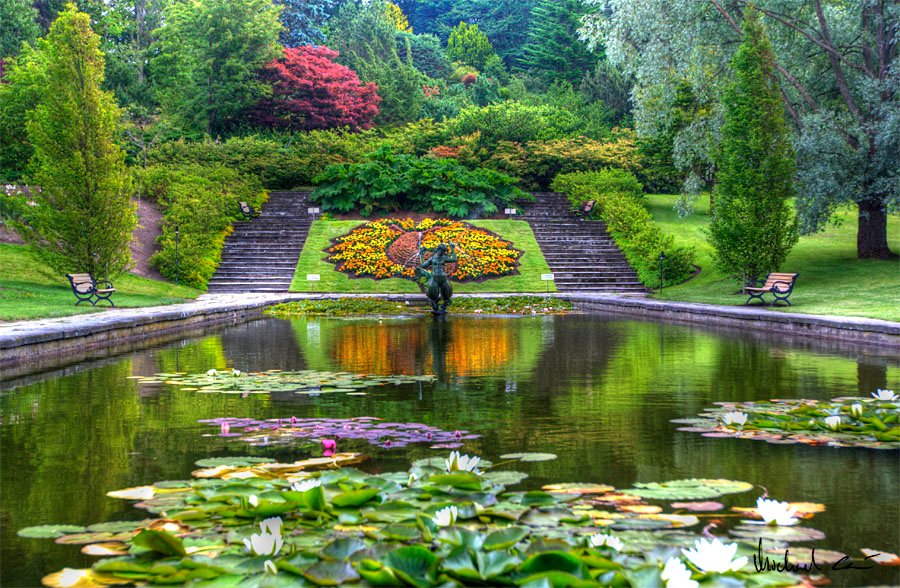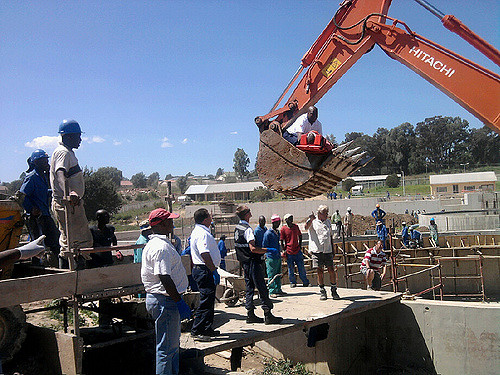We all want to spend more time outdoors, right? What better way to do it than to ensure you have an essential outdoors project on the go? Perhaps you’ve been thinking about building a house or a home extension. Or upgrading a public play area. Or constructing a skate park. Or bringing your dreams of running a botanical garden to life.

Okay, so these may not be the most fun way to spend time outdoors. After all, they sound like pretty hard work. And dealing with a large project outdoors is often more difficult than dealing with it indoors, no matter how nice it is to be outside. It’s essential that we do everything possible to smooth the process out. So here are some tips for making your outdoors project go that much easier.
Making sure everything is legal
When you’re working indoors, you often already have a legal sanction to do it without having to apply for one. But when you’re working outdoors, there are many more things to consider. If you’re looking to build a home extension such as decking, for example, then you need to consult your landlord. If you’re working with noisy equipment outside, then you need to consider the comfort of your neighbours and local businesses. Otherwise, you risk adventuring on the wrong side of the law.
Make sure you’ve got permission from everyone you need it from. The landlord, your neighbours, the state – everyone!
Checking the suitability of the land
This is essential for any project. Whatever it is you’re doing, you need to start from the very foundations. Most people take this to mean “the base of what you’re constructing”. But the real foundation of any project is the ground on which it will be situated.

You need to study the land carefully. Professional assistance is highly recommended here. For example, checking that the land is straight enough to build upon often requires a lot of complex equipment. There are also less obvious things to consider. Contaminated ground, for example, can have devastating effects to any project. Projects with plants will be the most affected, but even construction jobs can be derailed by it. In this case, you can look into soil science consulting to ensure land suitability.
Keeping safe
An outdoor project is prone to just as much danger as an indoors one, if not more so. Of course, the safety measures you need to take will depend on what it is you’re doing. If you’re doing hard construction, for example, you may need to make sure people are trained to use the right equipment.

Thorough risk assessment is key. You should consider consulting someone who has experience in a project much like yours. They will be able to help you identify all possible safety risks. If they’ve been through a similar process, then they’ll be able to think of things you may not be able to think of yourself. Having someone with medical experience around is also recommended. I’m not talking about someone with a Ph.D. in medicine – someone with first aid training is a good minimum! You should also make sure you have protective measures in place in case of bad weather, like tents or plastic sheeting.







